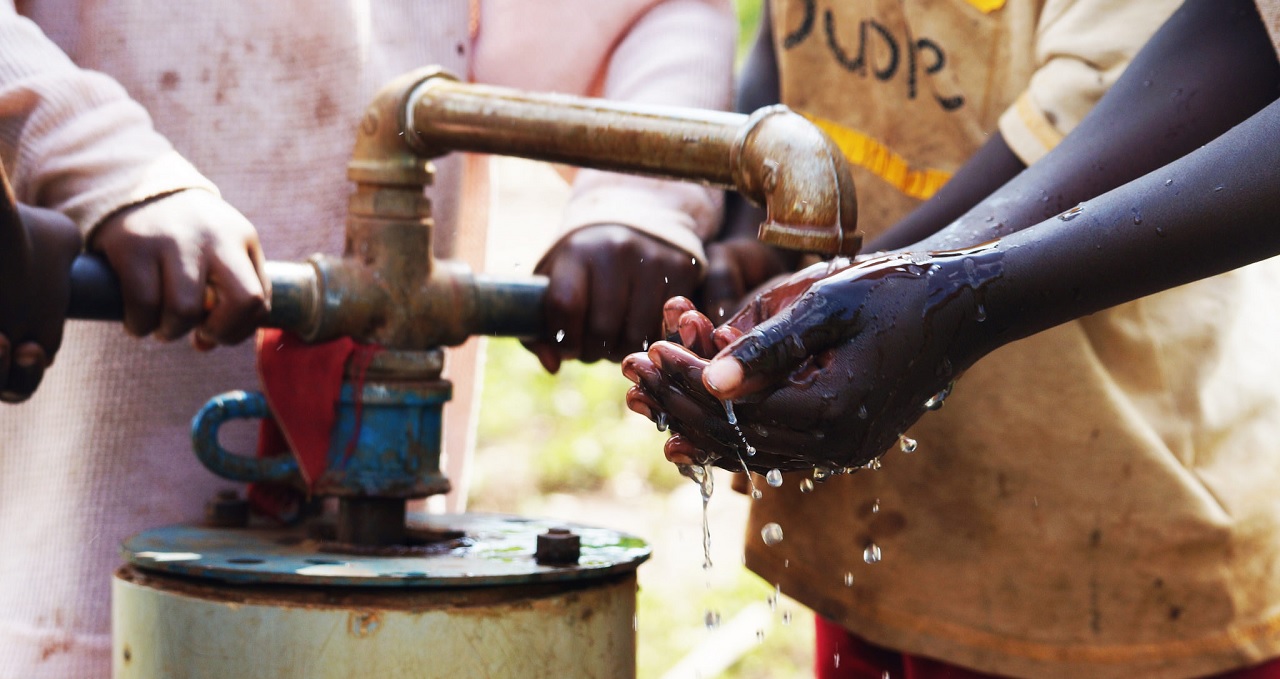Overview
Uganda was re-designated a High Priority Country in 2022. USAID is working with partners in Uganda to:
- Increase access to safely managed sanitation services for 800,000 people
- Increase access to safely managed drinking water for 500,000 people
- Mobilize roughly $10 million for water security, sanitation, and hygiene (WASH)
- Strengthen 47 water security institutions



